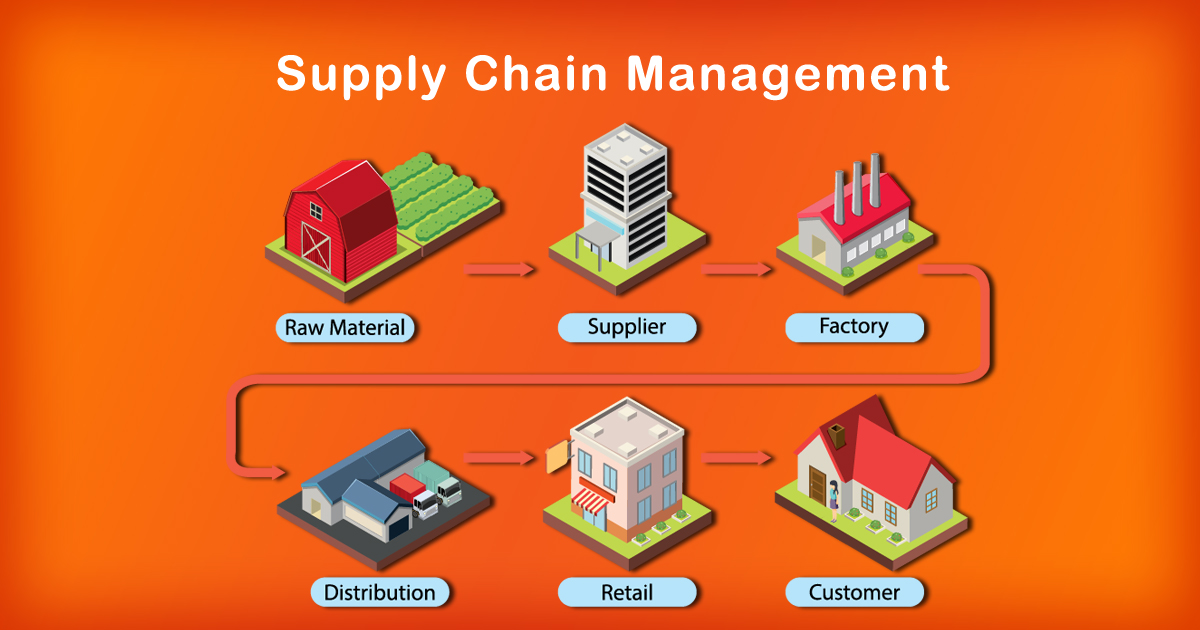Supply chain management is an essential aspect of every business, yet it is often taken for granted. In a world where companies are constantly looking to improve their bottom line and reduce costs, the importance of managing supply chain operations effectively cannot be overstated. In this blog post, we will take a closer look at what supply chain management is, its benefits, and best practices.
What is Supply Chain Management?
Supply chain management (SCM) is the coordination and management of activities involved in the production and delivery of products and services to customers. It encompasses everything from sourcing raw materials, to manufacturing, to warehousing, to logistics, to delivery to the end customer.
SCM is a critical function in any organization that produces or distributes goods or services. It involves the integration of various activities across the supply chain to ensure that products or services are delivered to the end customer on time, at the right quality and cost, and in the most efficient way possible.
Benefits of Supply Chain Management
Effective supply chain management can bring a range of benefits to a business. Some of the key benefits include:
1. Improved Efficiency – Effective supply chain management can help to streamline processes, reduce waste, and increase efficiency, resulting in improved productivity and profitability.
2. Reduced Costs – By managing the supply chain effectively, companies can reduce costs associated with procurement, inventory, and transportation, among others.
3. Increased Customer Satisfaction – Supply chain management can help companies to better understand customer needs and preferences, leading to improved delivery times and product quality.
4. Improved Risk Management – Supply chain management can help to identify potential risks and provide contingency plans to mitigate them.
5. Competitive Advantage – A well-managed supply chain can provide a competitive advantage by improving operational efficiency, reducing costs, and delivering products or services faster and at a lower cost.
Best Practices for Supply Chain Management
Effective supply chain management requires careful planning, execution, and continuous improvement. Some of the best practices for managing the supply chain include:
1. Collaborate with suppliers – Building strong relationships with suppliers can lead to better pricing, higher quality products, and improved delivery times.
2. Optimize inventory levels – Maintaining the right level of inventory can help to reduce costs associated with storage, handling, and obsolescence.
3. Use technology – Technology can help to improve supply chain visibility, optimize logistics, and automate repetitive tasks.
4. Measure performance – Regularly measuring supply chain performance can help to identify areas for improvement and track progress towards goals.
5. Continuous improvement – The supply chain is constantly evolving, and companies need to continuously review and improve their processes to remain competitive.
Conclusion
Supply chain management is a critical function in any organization that produces or distributes goods or services. It involves the coordination and management of activities across the supply chain to ensure that products or services are delivered to the end customer in the most efficient and effective way possible. Effective supply chain management can bring a range of benefits to a business, including improved efficiency, reduced costs, increased customer satisfaction, improved risk management, and a competitive advantage. By following best practices such as collaborating with suppliers, optimizing inventory levels, using technology, measuring performance, and continuous improvement, companies can manage their supply chain effectively and stay ahead of the competition.








